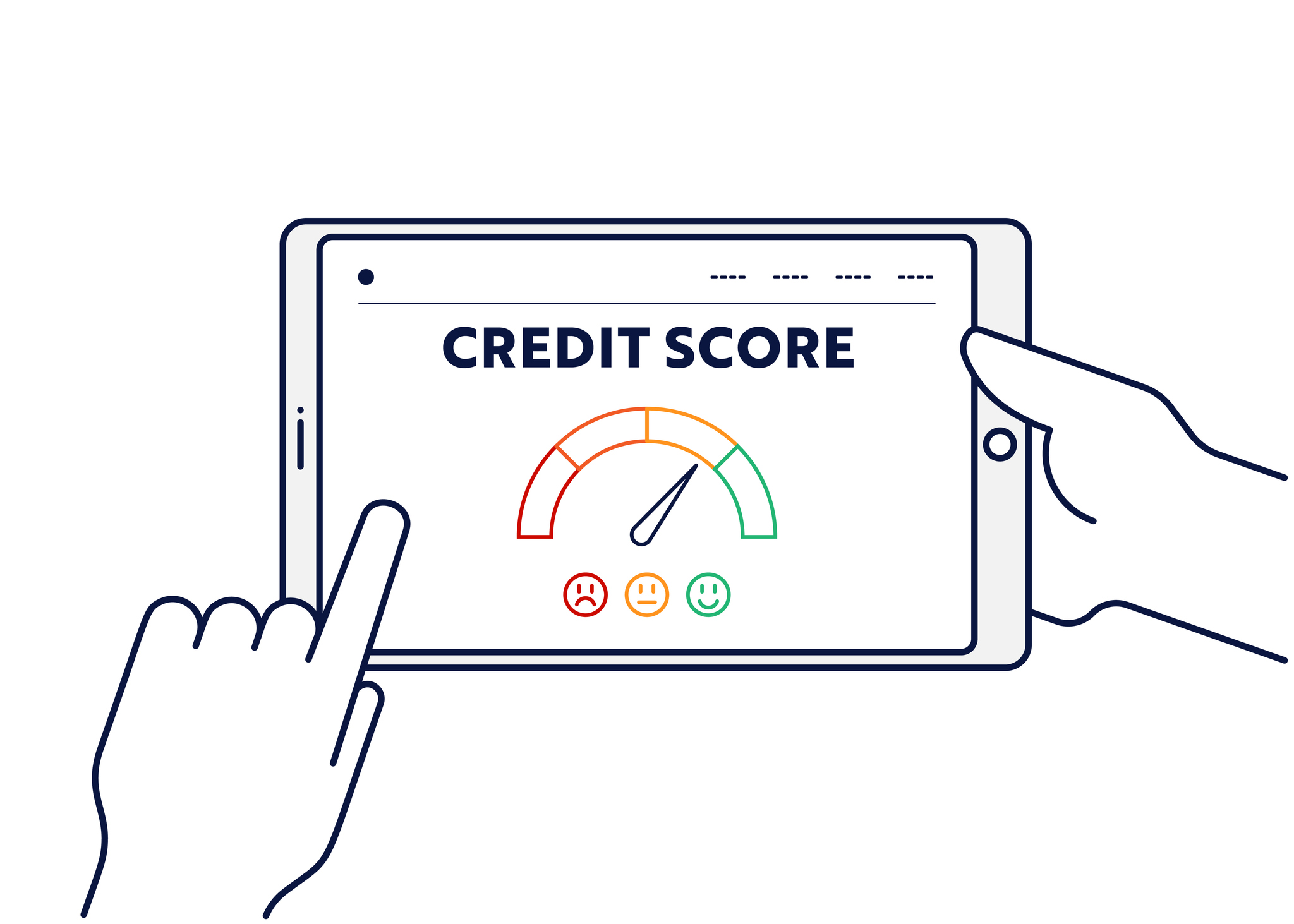3 Essential Financial Concepts You Should Understand
This article was recently published in CommunityAmerica's "Let's Talk Money" section of the Kansas City Star.
There are three foundational concepts to know to help you build your financial expertise. These 3 concepts can help you build and achieve financial peace of mind.
1. Budgeting
This concept is often misunderstood as a way of keep you from spending money on what you want. But budgeting is actually quite the opposite! It’s all about financial awareness — of how your money is being spent so you can align your spending with your priorities and goals. There are several methods that can help you set up a budget and track progress, including the 50/30/20 system, which has you allocate 50 percent of your income to needs, 30 percent to wants, and 20 percent to savings.Another approach is the envelope system, where you put a set amount of cash for the month into one envelope for each designated spending category, such as groceries, gas, restaurants, medicine, hair care/makeup, and entertainment. When you eat out (or order delivery) and pay with the cash in your restaurant envelope, you’ll see once the envelope is empty that you’ve spent your monthly limit for that expense.
Regardless of the method you choose, you’re deciding how your money will be spent. What you see as your “wants” or “needs” may fall differently in someone else’s budget. For example, if lattes and yoga classes are considered “needs” in your book, then so be it.
Because just like a diet, the best budget is one you can stick to.
2. Credit Score
Credit scores are numerical representations of your “creditworthiness” – how likely you are to repay a loan based on your previous borrowing history, as well as your ongoing credit activity.
Credit scores are used to screen applicants for mortgages, car loans, credit cards and insurance, as well as apartment or other rental agreements, and can also determine the interest rates and credit limits you’ll be offered.
Everyone has more than one credit score, and actually more than the three you get from the credit reporting bureaus - TransUnion®, Experian® and Equifax. In fact, you could have many credit scores because every entity evaluating your credit uses a different model and will give you a different score.
If you only remember one thing about credit scores, it’s that paying your bills on time is one of the most important things you can do to maintain or improve your credit.
3. Interest vs. Compound Interest
Interest is expressed as a percentage, and in the case of a loan, interest is the “cost” or “fee” you pay to borrow money.
There is simple interest and compound interest. Simple interest – for loans – is calculated using only the principal amount of a loan, while compound interest is based on the principal amount and the interest that accumulates on it during a credit period.
Because compound interest builds or accrues at a higher rate, a credit card balance can add up fast — as interest is being added to the accumulated interest of previous periods. That’s why if you’re making only the minimum payment every month, you’re not actually reducing the amount you owe on the item you initially purchased. Instead, your money is only going to pay interest.
Conversely, when it comes to your savings or investing, compound interest has a positive effect — it allows your money to “earn” money. For example, if your compound interest rate is 10 percent on $1,000 savings, you first gain $10. As your balance increases and the interest “compounds,” you earn money on your original investment plus the interest that’s added each month.
Remember, when you're looking at putting your own money somewhere like a savings account or CD, to look for a higher rate, compounded more often. If you're borrowing money, like for a loan or on a credit card, find a low rate, compounded less often.
The Importance of Financial Literacy
Your finances aren’t just about your money. They affect so many aspects of your life — where you live, how you live, vacations, goals (such as retirement, starting a business, or how you give back to your community), and the well-being of your family.
Learning about financial terms and concepts is an important step to help guide you on your journey to financial well-being. If you have questions about setting a budget, improving your credit score, or want to learn more about using interest to your advantage, CommunityAmerica is here for you. Contact a certified Well-Being Coach today, or visit your nearest branch.









